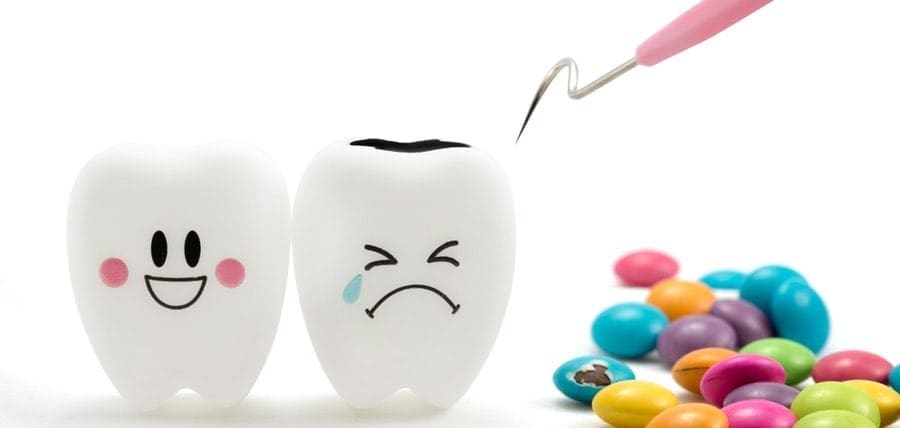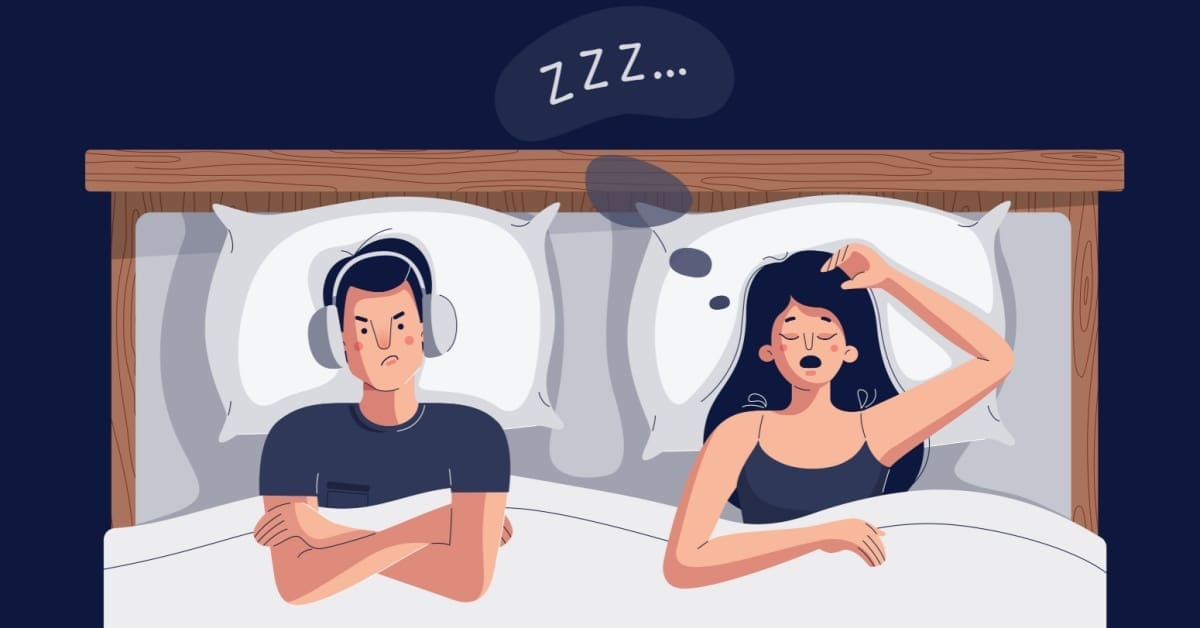Candy and Cavities
Over time medical research has shown how sugar affects your teeth, and here we highlight some of the more detrimental effects that sugar can have on your teeth. Most of us have had cavities, sensitive teeth, or a toothache before, but did you know that the root cause of all three could be the same culprit?
Why is sugar bad for your teeth?
Our mouths are chock full of different types of bacteria, most of which is healthy for the ecosystem in our own mouths. But some of the not-so-nice bacterial neighbors absolutely love sugar and use it to grow faster than the beneficial bacteria there to protect your teeth. Cavities are commonly called holes on the teeth, but what they really are is a bacterial infection created by those bacteria that love sugar. Once cavities grow too deep and penetrate the enamel, it causes pain that may only be remedied by the extraction of the affected tooth.
Tooth decay is a huge problem today, affecting 92% of adults age 20 to 64. Tooth decay is the destruction of tooth enamel by cavities, poor hygiene, and gingivitis. Enamel is known as the harder, outer layer of your teeth and it protects the softer bone underneath by absorbing most of the damage from acids and food. Cavities can penetrate the enamel and lead to larger problems for the tooth.
Why is candy bad for your teeth?
Candy is normally packed with so much sugar that the bad bacteria in your mouth have a field day. This means that they consume a lot of it and they turn into a filmy, sticky substance known as plaque that sticks to teeth. Plaque also causes acids from food to sit on the tooth for longer than they should, which leads to a breakdown of enamel.
Many people ask, “Why does sugar rot your teeth?” and it is basically because when you eat too much sugar, you are not only satisfying your craving, but you are also feeding dangerous and corrosive bacteria in your mouth that then turns into plaque that breaks down the protective layer of enamel on your tooth.
Which candies are the worst for teeth?
There are definitely better candies than others and at the top of the list is anything chewy, gummy, or sticky. This includes gummies, fruit leathers, taffy, caramels, gummy bears, suckers, and lollipops. Sour candies should also be avoided because of the excess acids they introduce to enamel for long periods of time.
There are some ways that you can minimize the impact of candy on your teeth.
- Drink water. Drinking water can help rinse the sugar, acids, and bad bacteria out of your mouth before they have the opportunity to turn into plaque and corrode your enamel.
- Brush, brush, brush. This is a no-brainer. We are told to brush twice a day for a reason. By brushing directly after meals, we immediately remove the sugar and bacteria from our teeth and prevent further issues.
- Top off a meal with candy. Eating candy by itself doesn’t work very well because our saliva glands aren’t awake to process the mass amount of sugar coming in. By saving sugary candy until the end of a meal, your saliva glands are already working hard to break down that meal.
Candy and Cavities So There You Have The Rundown
Visit your dentist. Organize a checkup with your dentist at least once a year to make sure that everything in your mouth is working properly and in tip-top condition. If you have any questions about the impact of sugar on your teeth, don’t hesitate to contact Suburban Essex Dental, located in West Orange, NJ in Suburban Essex County.
VOTED for 8th Straight Year “New Jersey Monthly Best Dentists”.







